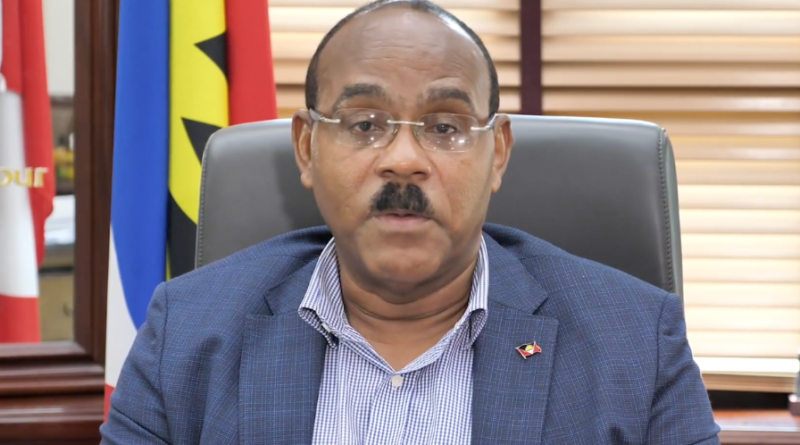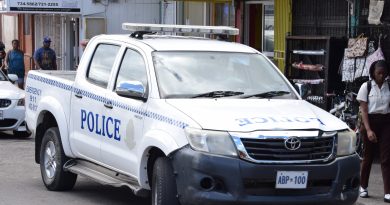PM Browne defends Thomas and says no conflict of interest with FTX; then, why the resignation, business people ask
Prime Minister Gaston Browne is attempting to explain the mechanics of the Antigua-incorporated FTX Holdings, a crypto-currency entity, saying that the parent company is domiciled in Antigua and Barbuda and should have been operating from here.
When, in 2021, an application was made back for registration of the company, Browne says the regulators did not quite understand the business model, which was a one-man operation.
Accordingly, Browne says, they never licenced the company and, in fact, requested greater particulars – which he claims were slow in coming.
The Prime Minister says the application remains under review. But, given the scandal that has erupted – where FTX was found to be using depositors’ money to fund other businesses – the regulators are unlikely to proceed now, he says.
However, they would have exercised caution with respect to this company, Browne claims.
Browne says there were regulations in place to monitor the operations of the company; but when one is dealing with technology, he says, it is even more difficult to regulate.
Most important, the Prime Minister claims there have been no regulatory breaches – which is why Antigua and Barbuda has not featured in any significant way, although the parent company is located here.
But sources tell REAL News that overseas lawyers have already descended on Antigua and Barbuda and have met with certain Cabinet members to craft a defence.
In the meantime, Browne says there are some media houses that are alleging that Antiguan attorney-at-law Arthur Thomas, one of the directors of FTX, is a regulator – which, he says, is “not quite correct.”
Browne says the Financial Services Regulatory Commission (FSRC) is responsible for supervision of companies such as FTX. He notes that Thomas, the short-lived Chairman of the Caribbean Union Bank (CUB), is not a member or the chairman of the FSRC, and so no conflict of interest exists.
Had there been any conflict, he says, the Eastern Caribbean Central Bank (ECCB) would not have sanctioned his directorship at CUB.
According to Browne, persons are confusing the issues. However, in hindsight, he accepts that, as Chairman of the Eastern Caribbean Securities and Exchange Commission (ECSEC), Thomas should not have taken such a position with FTX.
However, he says, no evidence exists that Thomas was integrally involved in the company. FTX was not involved in any trades here and had no local bank accounts, he adds, and all of its activities appear to have taken place outside of Antigua and Barbuda.
Some local businesspeople are not accepting Browne’s statements, however, with one banker describing them to REAL News as “glib.”
“If there was no conflict of interest and no involvement in FTX’s operations,” the banker asks, “then why the need for Thomas’ resignation from CUB?”
In the meantime, Browne says the FSRC has mounted inquiries into the company’s operations. But he says that, with the number of companies the investor has incorporated, the regulators will have a hard time unraveling this matter, being described as a scandal.
And yet, according to Browne, the investor seems to believe that the company is salvageable.




